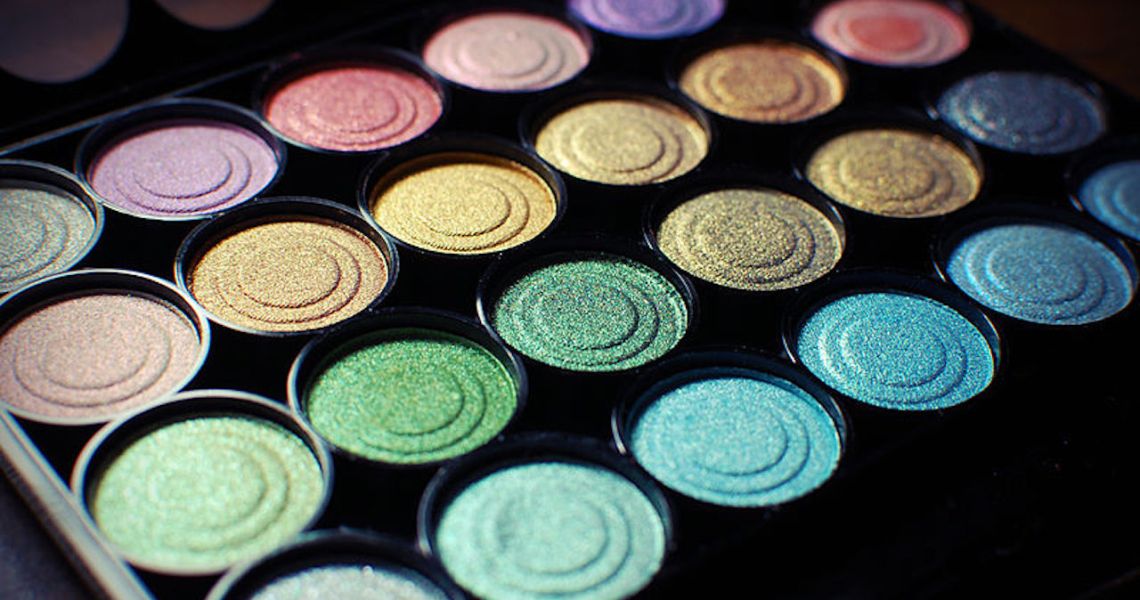Over the past few months, there’s been a slow and steady grumbling in the beauty industry over confusion about the Modernization of Cosmetics Regulation Act of 2022, or MoCRA, which goes into effect at the end of next month.
As reported by Glossy earlier this year, MoCRA is considered to be America’s first big move to regulate the beauty industry in more than 80 years. It will give the Food & Drug Administration new visibility into what’s in beauty products and where they were manufactured. MoCRA also provides new authority to the FDA to issue mandatory product recalls and alert consumers to common allergens. That’s thanks to new visibility into fragrance ingredient lists, which had long been classified as intellectual property but must now be shared with the FDA.
The first step of MoCRA compliance — providing a list of their products and where they were manufactured — was supposed to be completed by beauty brands by December 29, which is the same day MoCRA goes into effect. But the FDA announced Wednesday its intent to postpone the deadline to June 1, 2024.
“FDA’s new guidance doesn’t eliminate companies’ obligations to comply with MoCRA. It just delays enforcement of facility registration and product listing requirements for six months,” said Kelly Bonner, Esq., an associate at Duane Morris Law Firm LLP in Philadelphia. “Companies should still be working to identify their ‘responsible person’ [to act as its FDA point person] and gather all of the information required by MoCRA, as well as [listed in] the draft guidance released by FDA earlier this year.”
Most brands Glossy spoke to about MoCRA welcome the new regulation. That’s especially because consumer outcry for safer products has driven growth in the $8.3 billion dollar clean beauty market, which could reach $15.3 billion by 2028, according to market research company Statista. But many are also frustrated with their own lack of understanding of compliance best practices and, now, legal protections in this grace period.
During a virtual town hall held by the FDA back in June, prominent industry figures came together to share their concerns and complaints. The group included reps from conglomerates like Estée Lauder Companies and L’Oréal, clean beauty leaders like Beautycounter, advocacy groups like the Environmental Working Group and the Personal Care Product Council, and independent brands and manufacturers.
Megan Cox, the owner of Genie Supply, a contract manufacturer based in Bedford, Indiana, raised concerns during the meeting about how these regulations could negatively impact innovation from small businesses unless the FDA announces equitable processes.
Months later, and still without answers to her many questions, Cox is focused on her most pressing one: How will eye makeup be categorized?
Currently, MoCRA exempts businesses with less than $1 million in gross annual sales for the past three years from facility registration and good manufacturing practices unless they make “products that regularly come into contact with mucus membrane of the eye under customary or usual conditions of use,” according to the FDA.
“It’s still unclear whether this category encompasses just manufacturers of eye drops and contact lens solutions, or manufacturers of traditional eye cosmetics, like mascaras or eyeliners or eye shadows,” Bonner said. “This is something the FDA will need to clarify, and, at at least one conference, the FDA indicated that this topic was under consideration. It creates a lot of ambiguity for small business owners and plenty of room for plaintiffs’ lawyers to step in.”
The FDA has not provided Glossy with a requested comment.
Eye safety has been a hot-button issue over the past few years with several cosmetics brands selling products that have allegedly caused swelling, irritation and conjunctivitis. According to Law360, Huda Beauty paid out $1.9 million in 2022 in a class action settlement for using eye shadow pigments prohibited by the FDA for use around the eyes. Morphe, Colourpop and several other brands have been named in similar filings, which caused a chilling effect on the industry.
Earlier this year, 26 OTC eye drops sold at stores like CVS, Rite Aid and Target were pulled from shelves after they were discovered to be contaminated with bacteria due to bad manufacturing processes. So far this year, contaminated eye drops have now been linked to four deaths and 14 cases of blindness in the U.S.
Cox said she supports regulation and that her business is already registered with the FDA and follows its 2013 good manufacturing practices, but she’s nervous that ambiguity now could cripple her business later, so she’s considered dropping eye products from her factory’s offerings altogether.
“Another six months is great, but given that an average manufacturing timeline is approximately three to four months, we could only take new orders until [the end of the year] and then we’d still be under pressure to get them out quickly,” Cox said. “Given that the average shelf life of a cosmetic is two years, we would still have questions about whether or not those products must be registered once the six months is over. So I would want official clarity before making a decision.”
It’s just one part of the looming confusion.
“FDA has not advised whether it intends to delay enforcement of professional product labeling requirements, which, under MoCRA, come into effect on December 29, 2023,” Bonner said. “Likewise, FDA has not advised whether this delayed enforcement announcement changes the December 29, 2023 statutory effective date for companies to maintain records of adverse events, report serious adverse events to FDA or maintain adequate safety substantiation records.”
So what are brands supposed to do in the meantime? “Companies should still prepare to comply with the original deadlines,” Bonner said. “Or they could risk legal battles down the road.”
Update: On Thursday the FDA provided Glossy the following information via email: “Yes – [the FDA] consider[s] mascara and eyeliners as products that regularly come into contact with the mucus membrane of the eye under customary or usual conditions of use.”
Additionally, the FDA told Glossy via email that “products such as but not limited to eyeshadow, eye makeup remover, a liquid or mucosal eyeliner, or a false eyelash adhesive may regularly come into contact with mucous membrane of the eye under conditions of use that are customary or usual.”
This clarity from the FDA means all brands that sell eye makeup or remover in the United States, no matter their revenue or size, must register their facility with the FDA. It means that exemptions for small businesses will not be granted to those making eye makeup.




